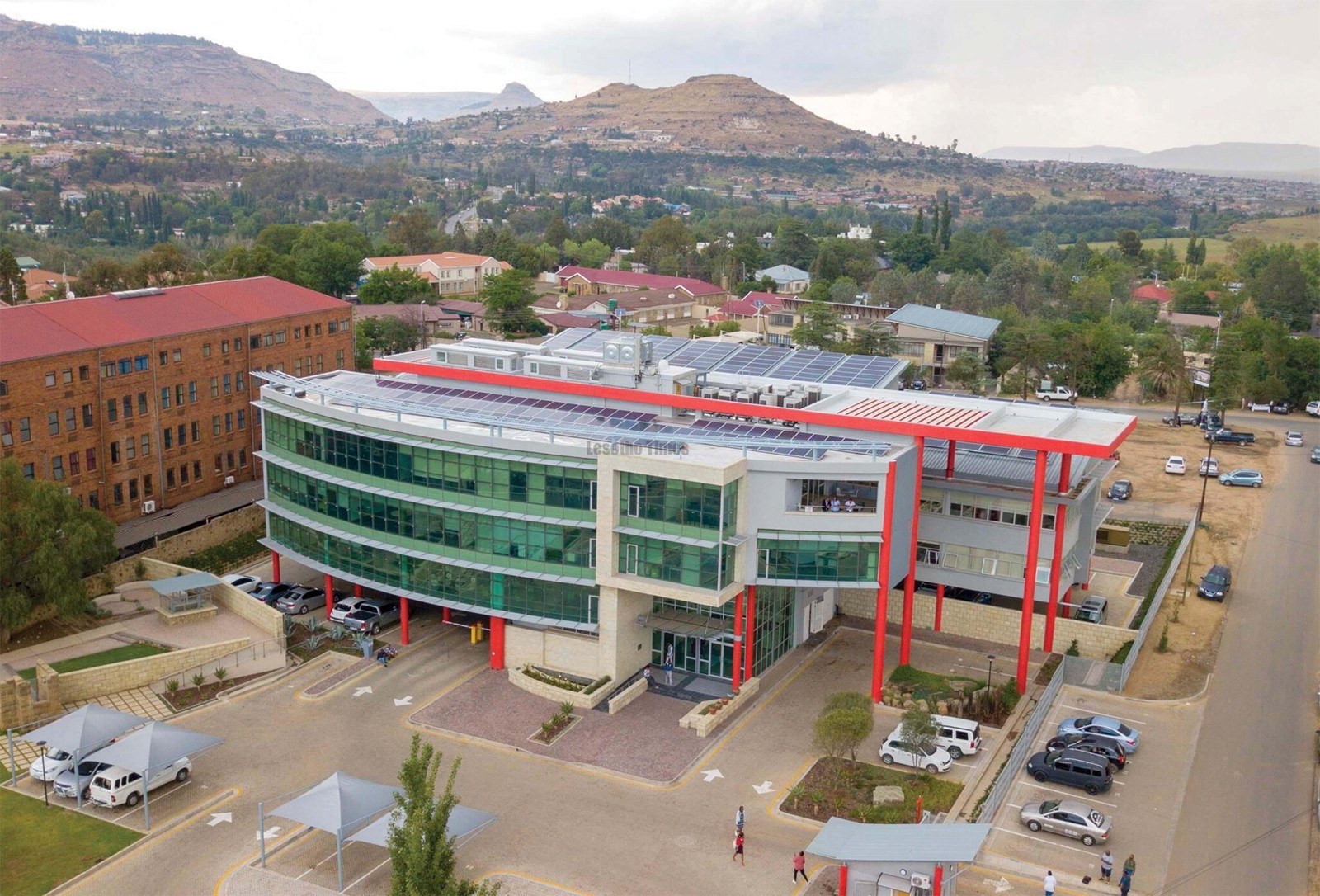US restores HIV lifeline to Lesotho

SHARE THIS PAGE!
The United States has reaffirmed its commitment to supporting Lesotho’s battle against HIV and AIDS through the President’s Emergency Plan for AIDS Relief (PEPFAR), pledging continued funding for treatment and prevention programmes that have been a lifeline for thousands of Basotho.
A U.S. Embassy spokesperson told theReporter that US Secretary of State Marco Rubio has made it clear that PEPFAR is important and that life-saving programs are continuing, adding that PEPFAR has been extremely impactful, saving millions of lives and helping bring the HIV numbers under control.
The spokesperson confirmed that following Secretary Rubio’s approval for lifesaving PEPFAR programs, U.S. government PEPFAR programs in Lesotho are providing lifesaving treatment and prevention of mother to child transmission services.
PEPFAR continues to fund comprehensive care treatment programs in all of Lesotho’s districts. “We are ramping up care and treatment in all districts in rural and urban areas. Most of the rural areas did not lose PEPFAR programming.”
The announcement comes after the U.S. government abruptly paused all foreign assistance in January, a move that had an immediate and severe impact on the delivery of life-saving HIV medicines and prevention services.
The pause left millions worldwide including thousands in Lesotho at risk of treatment interruption.
Since PEPFAR began operations in Lesotho, the US has contributed nearly $1 billion (about M18 billion) to help control the epidemic, making it the single largest supporter of the country’s HIV response
Thanks to this sustained investment, Lesotho has made remarkable strides: 97 percent of people living with HIV now know their status, 97 percent of those are on treatment, and 93 percent of those on treatment have suppressed the virus to undetectable levels, progress that places the country close to achieving UNAIDS’ ambitious 2025 goals.
“PEPFAR is enhancing service delivery efficiency and advancing partner countries toward self-reliance,” the U.S. Embassy spokesperson noted.
“We are ramping up care and treatment in both Lesotho’s rural and urban areas, and most rural districts never lost PEPFAR programming,” she said in an email response to this publication.
PEPFAR continues to fund comprehensive care and treatment services in all 10 districts, including prevention of mother-to-child transmission. However, the earlier funding cuts have left lasting scars.
A recent UNAIDS report warns that significant reductions in US aid have disrupted critical HIV programmes, jeopardising Lesotho’s progress. While 28 percent of PEPFAR support has been restored, 32 percent remains suspended and 40 percent has been terminated entirely.
This partial recovery has not been enough to prevent major setbacks: 804 of the 1,508 health workers previously supported by PEPFAR are now unemployed, leaving clinics understaffed and patients underserved.
Services hardest hit include voluntary medical male circumcision (VMMC), pre-exposure prophylaxis (PrEP), and targeted interventions for high-risk groups. Programmes for orphans and vulnerable children have been only partially reinstated, covering all districts but with reduced capacity.
The Elizabeth Glaser Pediatric AIDS Foundation notes that Lesotho, with one of the highest HIV prevalence rates globally, cannot afford to lose momentum. An estimated 240,000 Basotho are on antiretroviral therapy, while HIV and tuberculosis remain the top two causes of death.
Launched in 2003, PEPFAR has channelled billions of dollars into the fight against HIV/AIDS across sub-Saharan Africa. In Lesotho, its funding has supported healthcare workers, testing and counselling services, and community-based interventions for vulnerable populations such as orphans, adolescent girls, young women, and key populations at higher risk of infection.
However, budgetary decisions by the U.S. government earlier this year halted or scaled down many of these activities, forcing the government, civil society organisations, and the United Nations to scramble for solutions.
A recent medical journal study warned that deep cuts to US foreign humanitarian aid including PEPFAR – could cause more than 14 million additional deaths by 2030, with one third of those deaths expected to be among children.
Researchers compared the potential impact to the scale of a global pandemic or major armed conflict, particularly in low- and middle-income countries.
Despite the funding challenges, Health Minister Selibe Mochoboroane has sought to reassure the public that Lesotho will not falter in its HIV/AIDS fight.
He recently stressed that the government is committed to ensuring all 240,000 patients currently on treatment continue to receive antiretroviral drugs (ARVs).
Mochoboroane said the country’s ARV supply is secure, noting that 73 percent of medication is procured directly by the government, with an additional 23 percent supplied by the Global Fund.
This, he said, means Lesotho’s treatment programme will not collapse even in the face of international funding uncertainties.
“Our people must not panic. The government will protect the gains we have made in controlling HIV. We will not allow a situation where patients are left without treatment,” Mochoboroane said.
While the reinstatement of part of PEPFAR’s funding offers relief, health experts warn that without full restoration, Lesotho risks losing hard-won progress. The country has been one of the global leaders in meeting UNAIDS’ “95-95-95” targets, and further cuts could reverse years of success.
For communities on the ground, the difference between sustained PEPFAR support and reduced funding is stark. In rural clinics, fewer healthcare workers mean longer queues, delayed testing, and fewer outreach services. For vulnerable groups, the absence of targeted programmes increases the risk of new infections.
Civil society organisations have also urged both the US and the Lesotho government to ensure that HIV programmes remain a priority
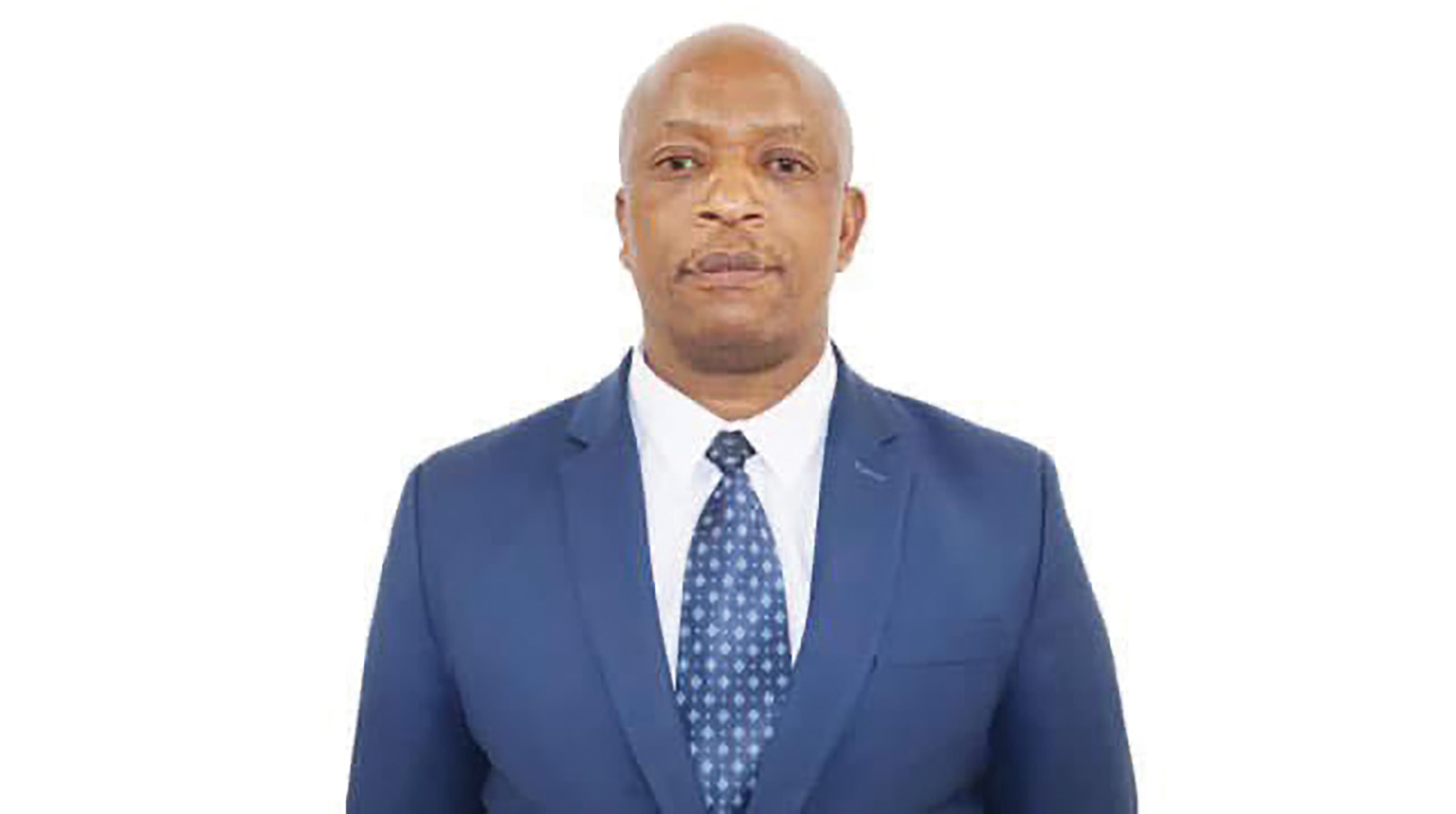
High Court to rule on Lipholo bail bid
9 days ago
Metolong community cries over abandoned clinic
10 days ago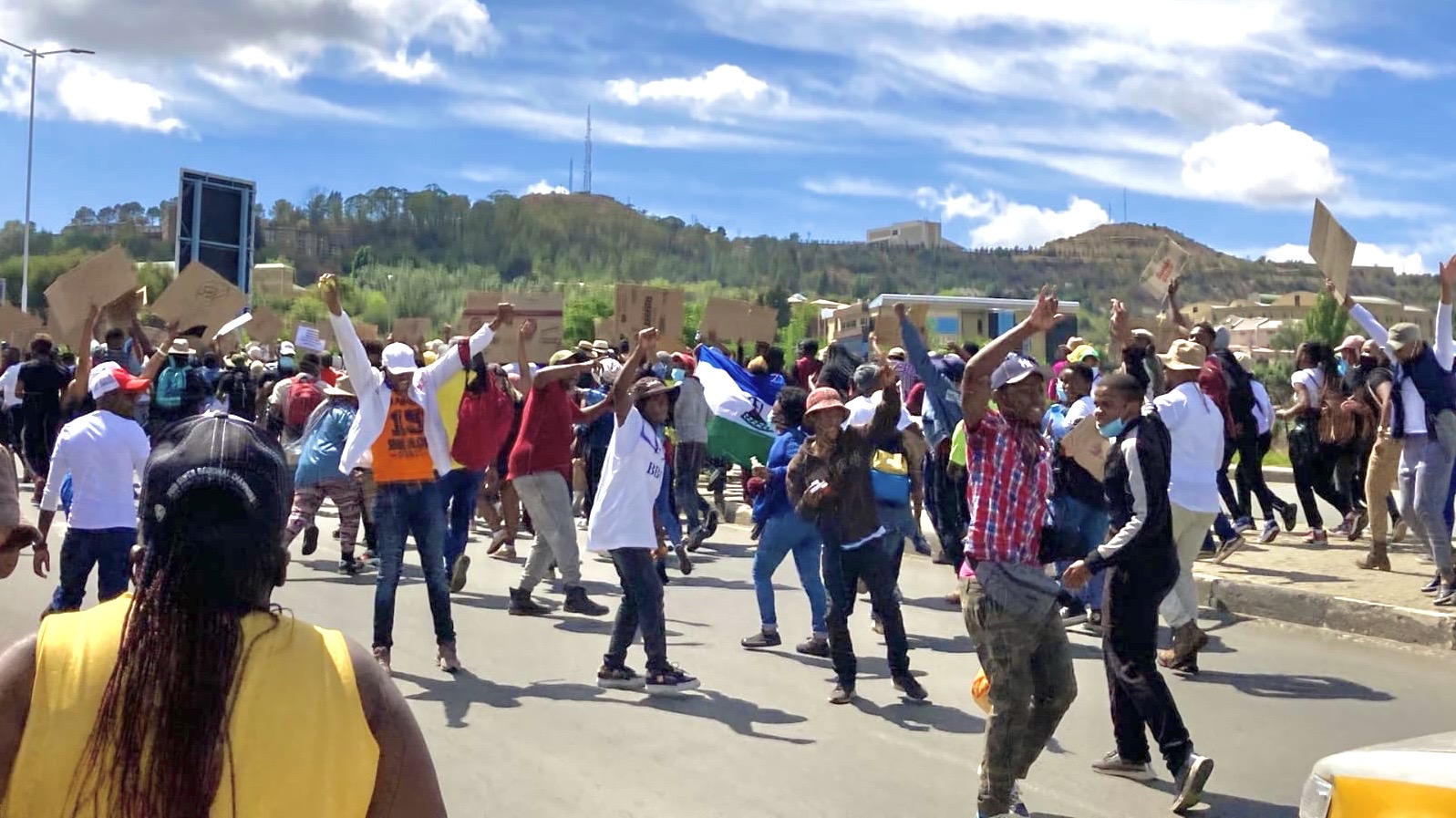
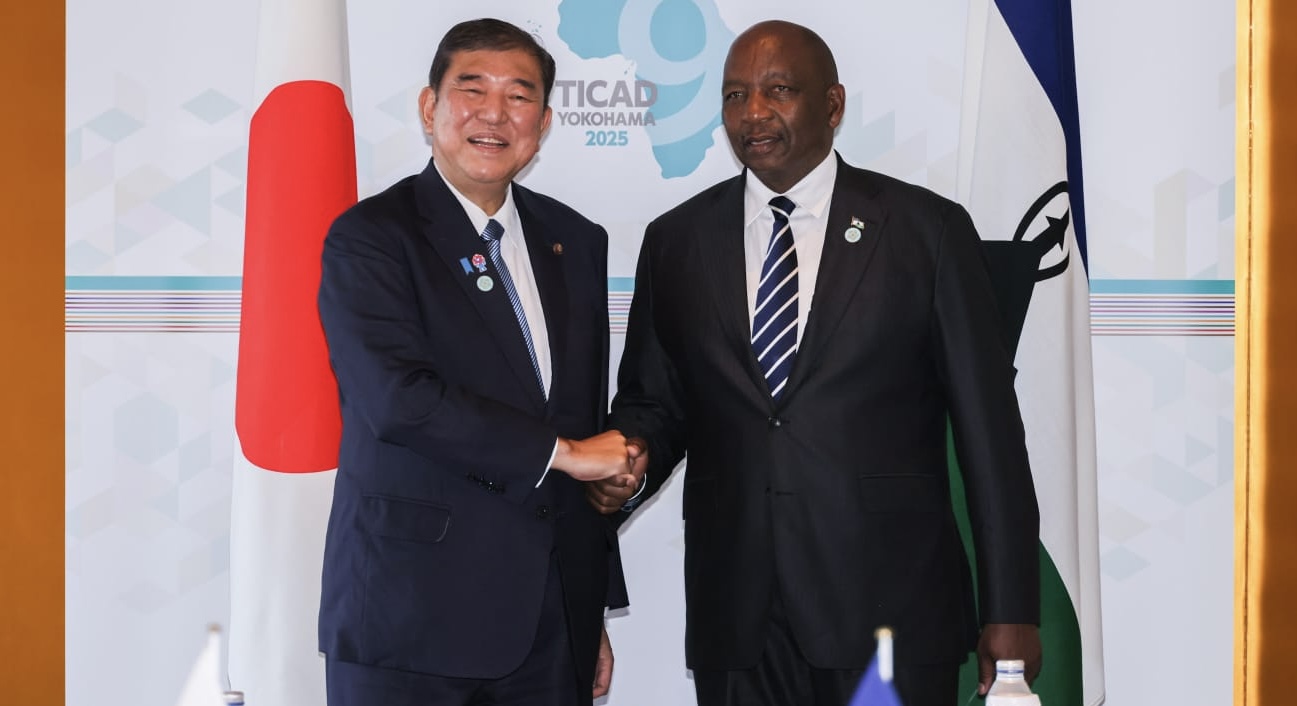
Lesotho, Japan to strengthen bilateral relations
13 days ago
US restores HIV lifeline to Lesotho
15 days ago

RSL, LNDC promote tax compliance
16 days ago
Tshiamiso wraps up Lesotho outreach
16 days ago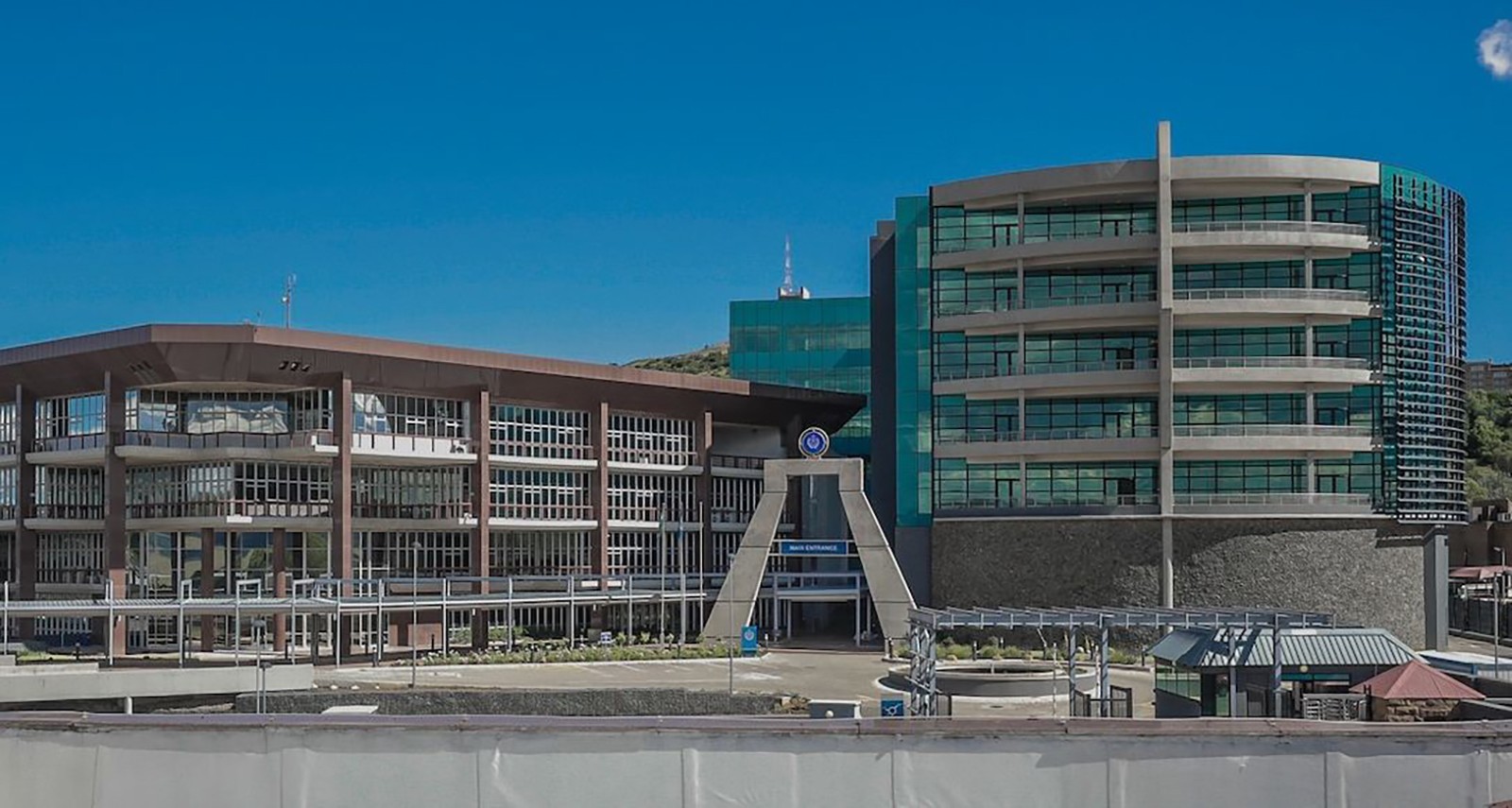
External risks threaten economic recovery – CBL
23 days ago